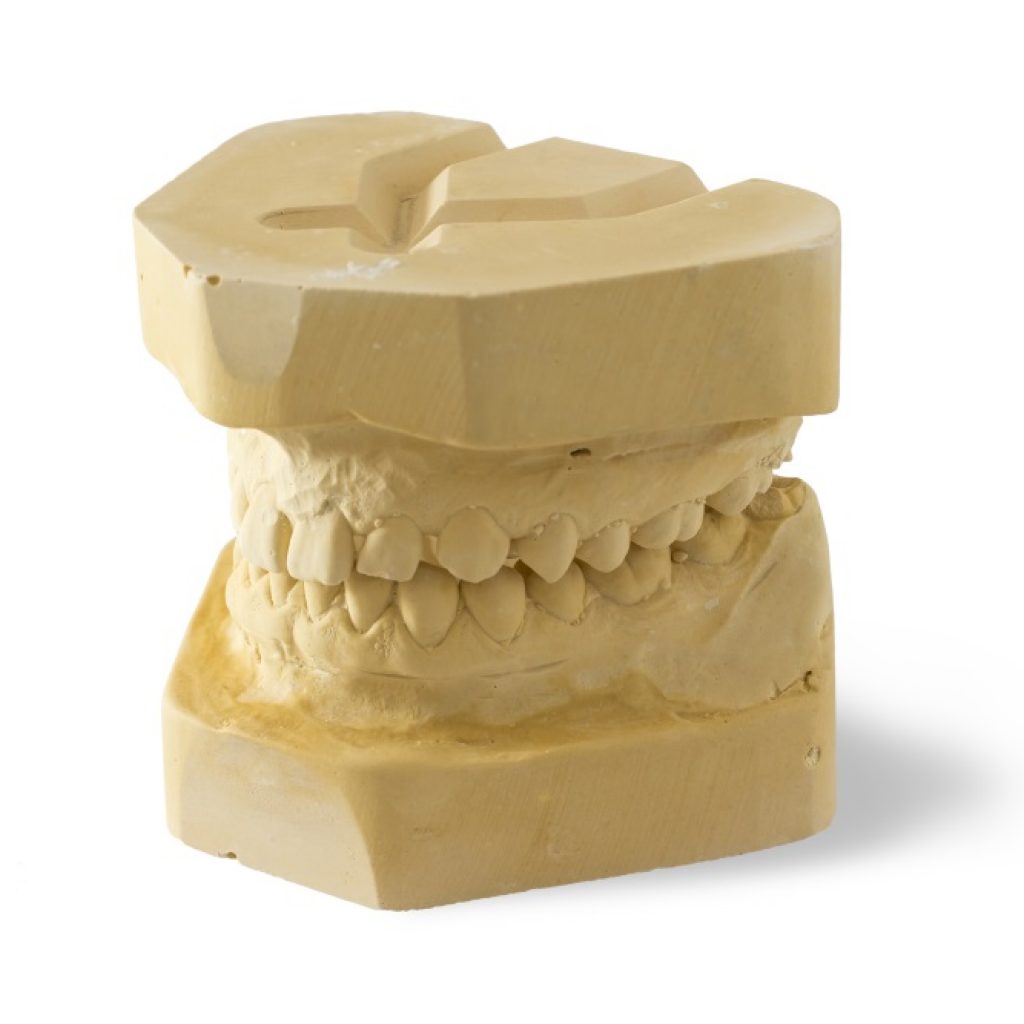Your Teeth: A Living History of Your Body
What do your teeth tell the world about you?
Your teeth are a real-time record of your body. New discoveries in dental records have proven that your teeth—the only exposed area of your skeleton—are not static and slowly-degrading. Instead, they’re dynamic, changing parts of your body. They keep a record of your life.
Dr. Ku and his Fort Worth staff understand that, to provide the best service, we have to stay on top of the newest findings. It helps deepen our understanding of dentistry and of the services and technologies we can provide our patients.

The following recent discovery interests our whole office, and it might interest you as well:
Your personal history record
Like a tree’s rings record its life, your teeth are a record of yours. A new study has shown that your skeleton, particularly your teeth, constitutes a living biological archive of your body.
Most people view their teeth like a linear progression: you start with your baby teeth, which eventually fall out, then your adult teeth come in (that slowly degrade over time). Recent findings have shown, however, that teeth are not static. They actually reflect—and with great accuracy—what your body has gone through.
Like a tree’s rings
This recent research focused on something called cementum, a tissue that covers the tooth’s root. It forms annual layers, just like the rings of a tree. Within this tissue, detailed records of your life can be found.
Reproduction and menopause records were found in the cementum layers in females, while records of incarceration and illness could be found in both females and males. These life events leave permanent, distinctive changes in the cementum structures of the teeth, just as a tree’s rings indicate the speed of its growth, times of good weather, water shortages, and damage.
Scientists today can therefore look at the tooth rings formed by the dynamic growing tissue layers on the dental root.
The science behind it
A team of researchers at New York University conducted the study. The head author was Paola Cerrita, PHD candidate for the Department of Anthropology and College of Dentistry. The research paper first appeared in Scientific Reports. Other authors of the paper include Shara Bailey, NYU professor in the Dept. of Anthropology, Bin Hu, an associate research scientist at NYU’s College of Dentistry, and Timothy Bromage, an NYU Dentistry College professor.
They performed histomorphological analyses of 47 teeth from 15 individuals with known life events. The individuals ranged in ages from 25-69 years old. They were drawn from a skeletal collection whose life events were well-documented. In the female samples, they were able to detect reproductive and menopause events. Stressful events such as incarceration and systemic illness were also detected in both sexes, and the events were able to be timed with a high degree of accuracy.
The tests were performed by studying the cementum thickness in two different regions of the tooth. Using high-powered microscopes, they imaged the cementum at 1.3 micrometers per pixel magnification (that’s a length of 0.001 millimeters, or 0.000039 inches).
Why is this important?
Why would professors of anthropology be interested in a study about dentistry? Well, just as fossilized tree rings can impart valuable data about world history, fossilized teeth can provide important information about human history.
Anthropologists hope that in the future we can learn more intimate details of a person’s life from the cementum tissue layer of teeth.
The results of this study were so accurate that they were able to not only allow researchers to figure out which life events had occurred, but pinpoint them with equally high accuracy. This kind of dental research can be a major boon for future anthropologists who wish to discover things like how many children a person had, or data about times of plague or famine.
Looking at previous studies on cementum, the NYU researchers were unable to make clear determinations because the samples were poorly visible or unable to be discerned. Because they were unable to measure the thickness of the yearly cementum bands, they could not use previously published methods of analysis.
This research shows that future anthropological dental studies can be used to accurately map out the major physiological events of individuals’ lives.
Your own teeth are the living record of your body—take care of them!
Dr. Peter Ku D.D.S.
Dr. Peter Ku is one of the top dentists in the Fort Worth Area. He and his staff were rated the #1 family dental office in Fort Worth two years running based on patient reviews. Dr. Ku loves his community, and has served the Fort Worth area for over 20 years.
As part of his ongoing learning and continued research into the dental field, Dr. Ku keeps up on current advances in dentistry. Following groundbreaking research and cutting-edge developments in the world of dentistry help him provide the best care to his patients that he possibly can.





